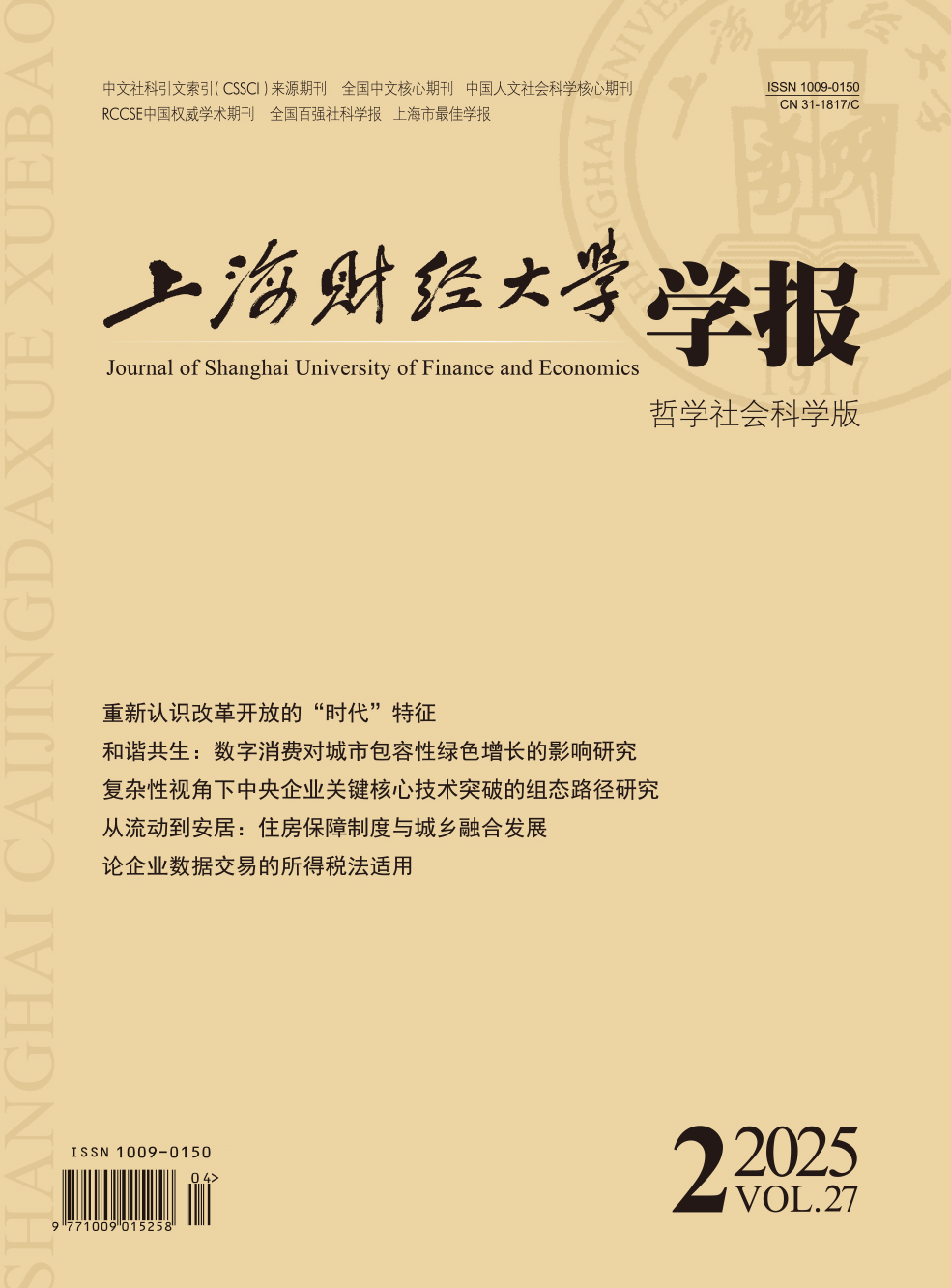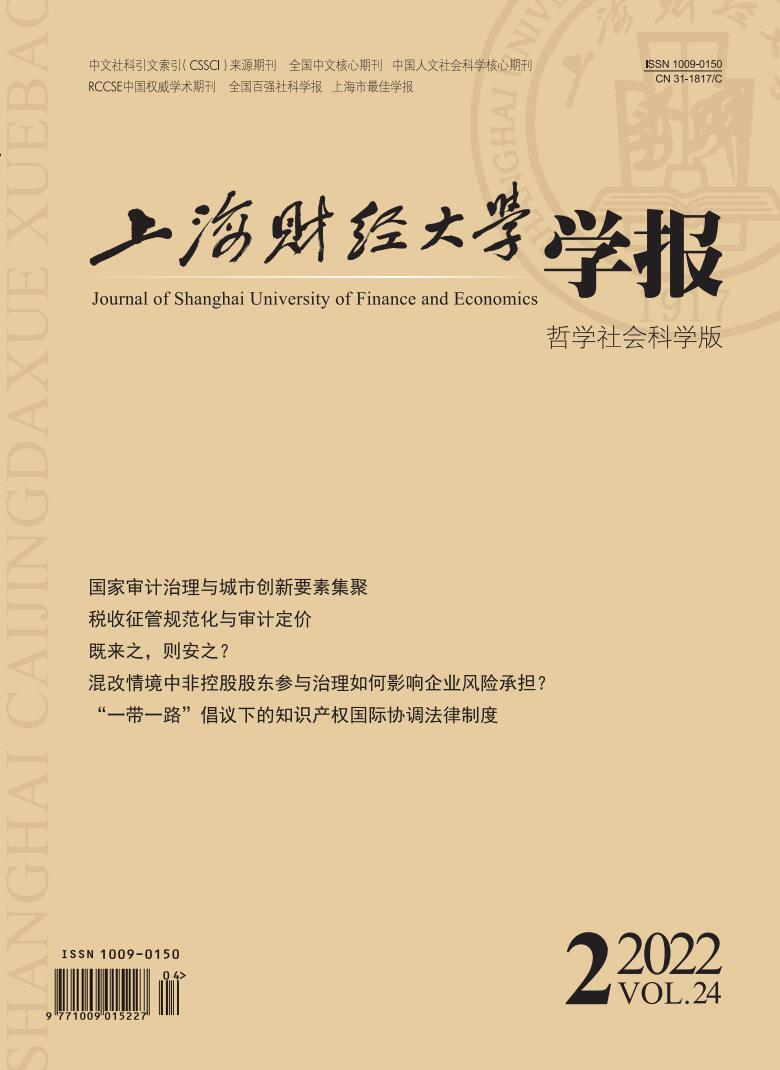Expanding domestic demand is the strategic basis for building a new dual-cycle development pattern. Compared with the previous development strategy, China is currently promoting the construction of a new dual-cycle development pattern that pays more attention to the domestic cycle. The expansion of resident consumption scale and the upgrading of resident consumption structure is an important part of expanding domestic demand. After the transformation of the main contradictions in Chinese society, the focus of research in the field of resident consumption has gradually shifted to the upgrading of resident consumption structure. Promoting the upgrading of resident consumption structure is an important way to meet people’s needs for a better life. The proportion of housing assets in China’s household asset allocation is relatively high. Therefore, the rise of housing prices not only affects the consumption level of residents, but also impacts the upgrading path of resident consumption structure. Using the panel data of 35 large and medium-sized cities in China, this paper empirically tests the impact mechanism and effect of housing prices on the upgrading of consumption structure. The results show that: In general, the rise of housing prices inhibits the upgrading of resident consumption structure, and this inhibition varies in different stages of consumption structure upgrading, in different levels of cities, and in different regions. Micro consumption behavior is the micro foundation of macro-economic phenomenon, and macro-economic phenomenon is the macro expression of micro consumption behavior. Exploring the impact mechanism of housing prices on the upgrading of resident consumption structure from the perspective of micro consumption behavior is the key to understanding the upgrading of resident consumption structure. Based on this cognition, the paper explains the impact of housing prices on the upgrading of consumption structure from the perspective of marginal propensity to consume: The marginal propensity to consume is an intermediary variable that housing prices affect the upgrading of consumption structure. That is, the rise of housing prices significantly reduces the marginal propensity to consume of housing, transportation and communication, and significantly promotes the marginal propensity to consume of food, durable goods, medical care, culture, education and entertainment. To expand resident consumption and promote the upgrading of resident consumption structure, we should pay attention to the heterogeneous impact of rising housing prices on the marginal propensity to consume of different types of consumption. The research conclusions of this paper have reference value for constructing a new dual-cycle development pattern and promoting the upgrading of resident consumption structure, and put forward some policy suggestions, such as controlling the excessive growth of housing prices, improving the supply level of basic public services, and improving resident consumption tendency.
 / Journals / Journal of Shanghai University of Finance and Economics
/ Journals / Journal of Shanghai University of Finance and EconomicsJournal of Shanghai University of Finance and Economics
LiuYuanchun, Editor-in-Chief
ZhengChunrong, Vice Executive Editor-in-Chief
GuoChanglin YanJinqiang WangWenbin WuWenfang, Vice Editor-in-Chief
The Impact of Housing Prices on the Upgrading of Consumption Structure: Mechanism and Evidence
Journal of Shanghai University of Finance and Economics Vol. 24, Issue 02, pp. 61 - 77 (2022) DOI:10.16538/j.cnki.jsufe.2022.02.005
Summary
References
Summary
Cite this article
Sun Hao, Wang Zehao, Yao Jian. The Impact of Housing Prices on the Upgrading of Consumption Structure: Mechanism and Evidence[J]. Journal of Shanghai University of Finance and Economics, 2022, 24(2): 61-77.
Export Citations as:
For




 5737
5737  6948
6948

